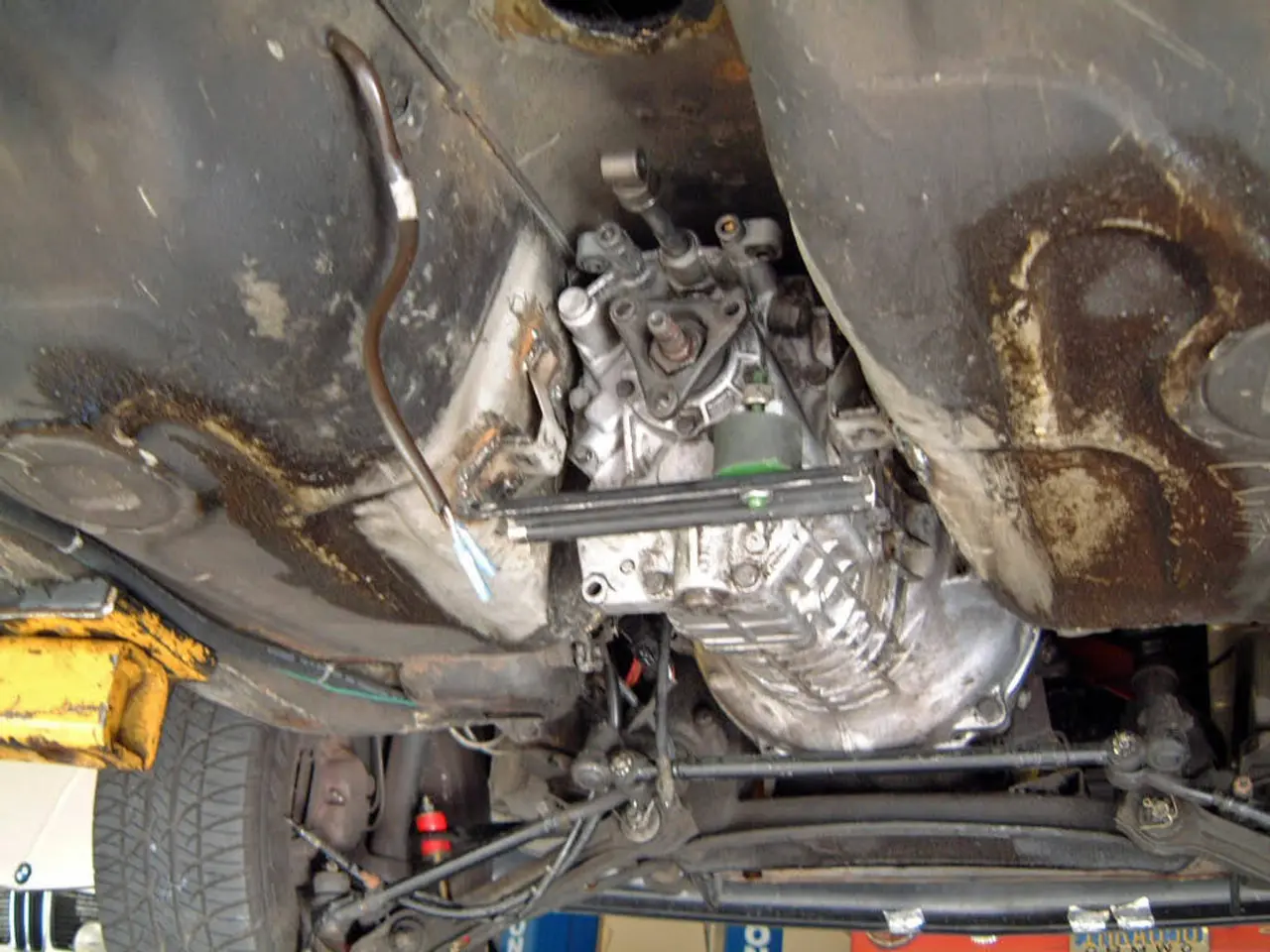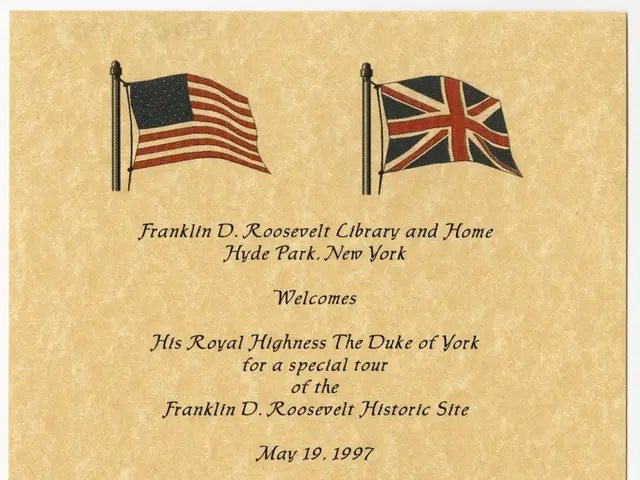Auto part manufacturers in Pakistan are apprehensive about potential shutdowns as IMF-endorsed reforms are set to be implemented this month.
In a move aimed at expanding the economy and modernising the auto sector, the Pakistani government has decided to allow the import of used cars up to five years old and slash tariffs to 15%. However, this decision has raised concerns among local automobile parts manufacturers, as highlighted by the Pakistani Association of Automotive Parts & Accessories Manufacturers (PAAPAM).
Industry players, including major local manufacturers like Pak Suzuki, have warned that reducing tariffs and relaxing used car import rules will severely hurt the local automotive sector. Currently, imported used cars constitute around 25% of the market share, while local manufacturing plants operate at just 40% capacity. Increasing used car imports is feared to further suppress demand for locally assembled vehicles and auto parts, threatening production sustainability and potentially causing job losses.
PAAPAM argues that a surge in used car imports will undermine the local parts and accessories manufacturing industry by decreasing orders for original equipment manufacturers (OEM) and reducing domestic value addition in the automotive supply chain. This could lead to economic setbacks in the auto parts sector, which relies on stable demand from local vehicle assemblers.
While the government aims to make vehicles more affordable and modernise the auto sector by cutting regulatory duties, customs duties, and removing non-tariff barriers to imports, these reforms may inadvertently harm local manufacturing and employment by increasing competition from imported used cars. The government targets a long-term progressive reduction in auto sector taxes to below six percent by 2030 but needs to balance this with protection for domestic industries to avoid deep disruption in the local supply chain.
PAAPAM and local manufacturers are concerned that the government's policy may affect their businesses significantly. Aamir Allawala, a leading PAAPAM member, stated that the new policy may affect his manufacturing plant worth Rs4.3 billion ($15.2 million) at the Port Qasim industrial complex, which is currently operating at 20% capacity. Similarly, Muhammad Umer Razzaq, an official of Thal Boshuku, states that their production for car parts stands at 18,000 sets per year, while their capacity is 54,000 sets.
The Pakistani government, led by Sharif, has approved a "gradual but significant" reduction in import tariffs, capping general customs duties at 15%. This decision puts Pakistan's auto industry at a disadvantage compared to countries like India (125%), Thailand (80%), Indonesia (60%), and Vietnam (52%) that have higher import tariffs in an attempt to protect their respective industries.
PAAPAM directly employs 500,000 skilled workers, and workers associated with Pakistan's overall automobile industry can be estimated at 2.5 million. The IMF-backed policy measures, if implemented without considering Pakistan's ground realities, may shut down 1,200 companies that supply parts to 13 car assemblers.
In response to these concerns, PAAPAM has written a letter to the commerce ministry seeking a fact-finding mission to investigate the ground reality. The new National Tariff Policy (FY25-30) aims to streamline and reduce tariffs, reduce non-tariff barriers, and move away from special duties applied to imports for particular industries. The policy is expected to take effect by the end of August.
The government needs to strike a balance between liberalising trade and protecting domestic industries, especially in sectors like the automobile industry, which are crucial for employment and economic growth. The implications of the new policy on local manufacturers and workers cannot be overlooked, and a careful approach is necessary to ensure a sustainable and inclusive growth path for Pakistan's auto sector.
- The decision to allow imported used cars and reduce tariffs in Pakistan's auto sector has sparked concerns among industry players, like PAAPAM and Pak Suzuki, who anticipate severe damage to the local automotive sector due to increased competition.
- The surge in used car imports, as indicated by PAAPAM, could undermine the local parts and accessories manufacturing industry by decreasing orders for original equipment manufacturers (OEM) and reducing domestic value addition in the automotive supply chain.
- The government's recently approved "gradual but significant" reduction in import tariffs could put Pakistan's auto industry at a disadvantage compared to other countries, like India, Thailand, Indonesia, and Vietnam, which have higher import tariffs to protect their respective industries.




